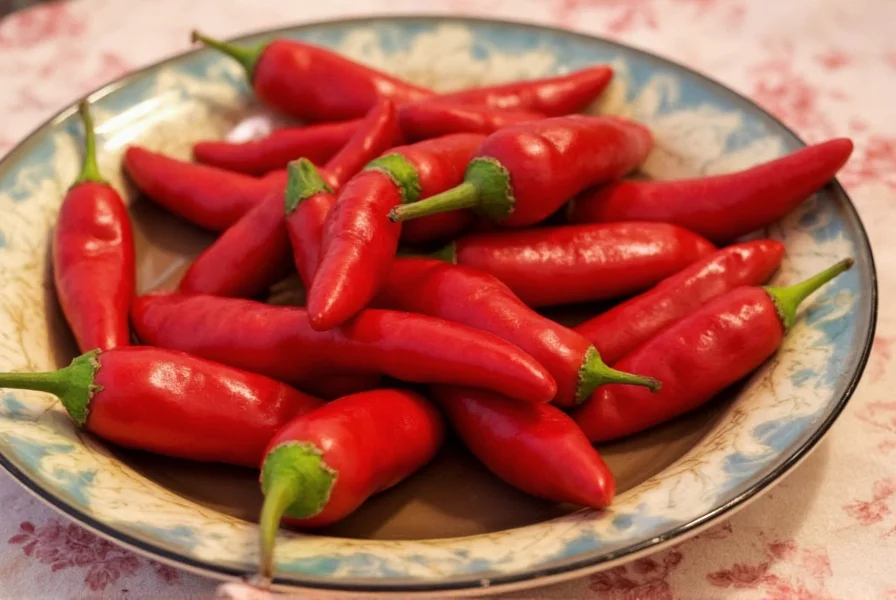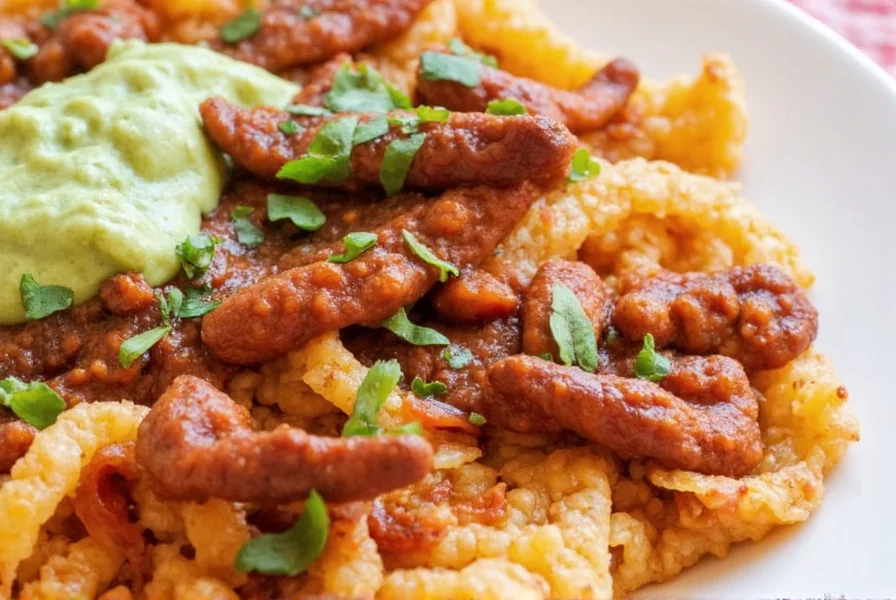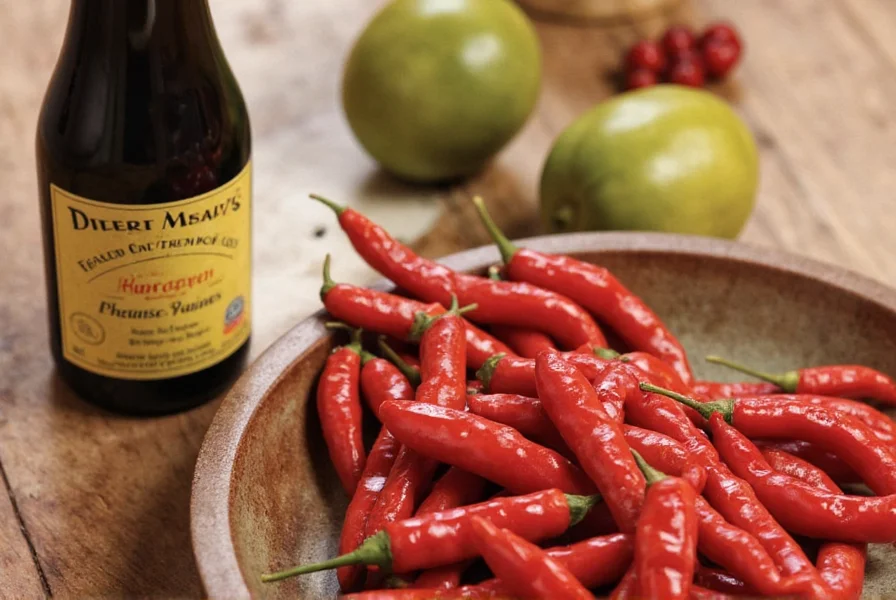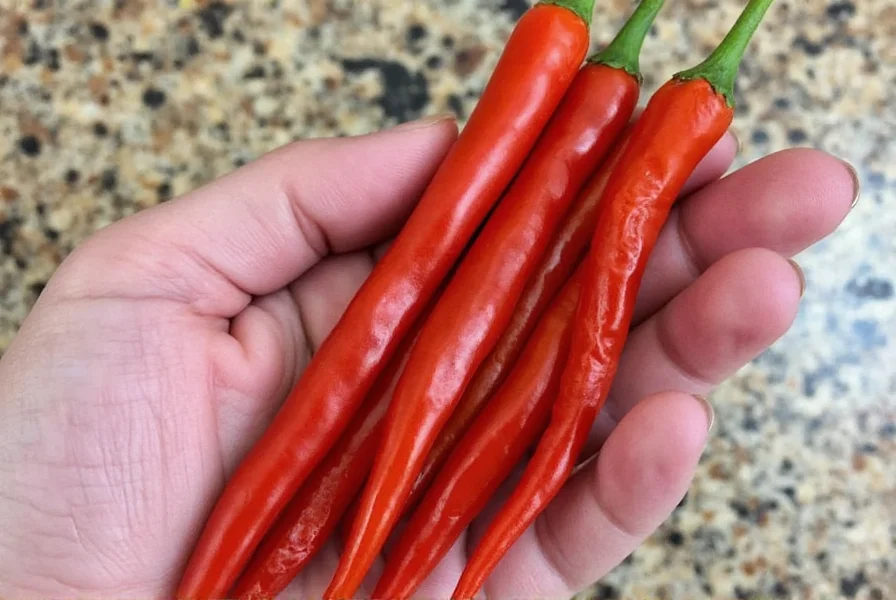Chile Hungaro: The Sweet, Smoky Secret Your Kitchen Has Been Missing!
Table of Contents
- What Is Chile Hungaro?
- Flavor Profile & Heat Level
- How to Use Chile Hungaro in Cooking
- Comparing Chile Hungaro to Other Common Chiles
- Buying Guide: How to Choose the Best Chile Hungaro
- Storage Tips for Maximum Shelf Life
- Frequently Asked Questions (FAQs)
- Final Thoughts
What Is Chile Hungaro?
If you've ever tasted Hungarian paprika and thought, "Man, this is great — but I wish it was a little spicier," then chile hungaro might be your new best friend.

Native to Hungary and used across Central and Eastern Europe, chile hungaro is a mild to moderately hot chili that brings more than just heat to the table. Its flavor is deeply sweet, slightly fruity, and carries a subtle smokiness that makes it incredibly versatile in the kitchen.
Flavor Profile & Heat Level
Let’s break it down:
- Heat Level: Ranges from 1,000 to 3,000 SHU (Scoville Heat Units) — similar to a jalapeño but often milder.
- Flavor Notes: Sweet, rich, earthy, with hints of dried fruit and smoke.
- Color: Deep red when dried or roasted; bright orange-red when fresh.
Unlike fiery peppers like ghost peppers or habaneros, chile hungaro is all about balance. It's not going to blow your head off with heat — it’s there to enhance flavor and bring complexity to your dishes.
How to Use Chile Hungaro in Cooking
Ready to get spicy? Here are some fun ways to use chile hungaro in your cooking:
- Homemade Paprika: Toast and grind chile hungaro to make your own smoky-sweet paprika.
- Stews & Soups: Add crushed dried chiles to goulash, tomato-based stews, or lentil soups for warmth and depth.
- Dry Rubs: Mix ground chile hungaro with garlic powder, salt, and cumin for a killer steak or chicken rub.
- Sauces & Marinades: Soak dried chiles in hot water, blend into a paste, and mix into sauces for tacos, pasta, or dips.
- Eggs & Breakfast: A pinch of chile hungaro in scrambled eggs or shakshuka adds a cozy kick.

Comparing Chile Hungaro to Other Common Chiles
Let’s see how chile hungaro stacks up against some other popular peppers:
| Chile Type | Heat Level (SHU) | Main Flavor Notes | Best For |
|---|---|---|---|
| Chile Hungaro | 1,000–3,000 | Sweet, earthy, smoky | Goulash, paprika, dry rubs |
| Jalapeño | 2,500–8,000 | Grassy, vegetal | Salsas, nachos, pickling |
| Ancho | 1,000–2,000 | Chocolatey, raisin-like | Mole sauce, enchiladas |
| Poblano | 1,000–2,000 | Peppery, herbaceous | Chiles rellenos, rajas |
| Bell Pepper | 0 | Crunchy, sweet | Stuffing, stir-fries, salads |
Buying Guide: How to Choose the Best Chile Hungaro
When shopping for chile hungaro, whether fresh or dried, look for these qualities:
- Appearance: Vibrant red or orange-red color; avoid dull or discolored peppers.
- Firmness: Fresh peppers should feel firm and taut, not wrinkled or mushy.
- Aroma: Rich, slightly sweet scent; avoid any with off or moldy smells.
- Size: Medium to large pods work best for roasting and stuffing.
Top Products Featuring Chile Hungaro
While chile hungaro isn’t as mainstream as other chiles, here are some products that highlight its flavor:
- Homemade Chile Hungaro Powder
- Features: Made by drying and grinding chile hungaro pods.
- Advantages: Adds smoky-sweet depth to meats, stews, and sauces.
- Use Cases: Dry rubs, spice blends, paprika substitutes.
- Target Audience: Home cooks, gourmet chefs, spice enthusiasts.
- Occasions: Weeknight dinners, weekend grilling, holiday meals.
- Chile Hungaro-Infused Oil
- Features: Olive oil infused with dried chile hungaro pods.
- Advantages: Adds a gentle heat and sweetness to dishes without overpowering.
- Use Cases: Drizzling over pizza, bread, pasta, or vegetables.
- Target Audience: Casual cooks, foodies, Italian cuisine lovers.
- Occasions: Everyday meals, dinner parties, gift giving.
Storage Tips for Maximum Shelf Life
You’ve got your chiles — now how do you keep them tasting amazing for months to come?
- Fresh Peppers: Store in the fridge in a breathable bag or container for up to two weeks.
- Dried Peppers: Keep in an airtight container away from light and moisture; lasts up to a year.
- Ground Powder: Store in a cool, dark place; best used within six months for maximum flavor.
- Oil Infusions: Refrigerate after opening; use within one month for safety and freshness.

Frequently Asked Questions (FAQs)
Is chile hungaro the same as Hungarian wax pepper?
Yes! “Hungarian wax pepper” is another common name for chile hungaro. It’s called “wax” due to its glossy skin and tendency to turn brittle when dried.
Can I substitute chile hungaro with paprika?
You can! However, note that regular paprika lacks the slight heat and depth of flavor found in true chile hungaro. Smoked paprika comes closest in taste.
Are there different varieties of chile hungaro?
There are several regional varieties grown across Hungary and neighboring countries. Some are sweeter, while others lean toward more heat. Always check labels or ask vendors for details.
Final Thoughts
Chile hungaro may not scream for attention like its hotter cousins, but it quietly enhances dishes with its balanced flavor profile. Whether you’re simmering a pot of goulash, seasoning grilled chicken, or whipping up a custom spice blend, chile hungaro deserves a spot in your pantry.

So go ahead — give this underrated gem a try. Your taste buds will thank you!










 浙公网安备
33010002000092号
浙公网安备
33010002000092号 浙B2-20120091-4
浙B2-20120091-4